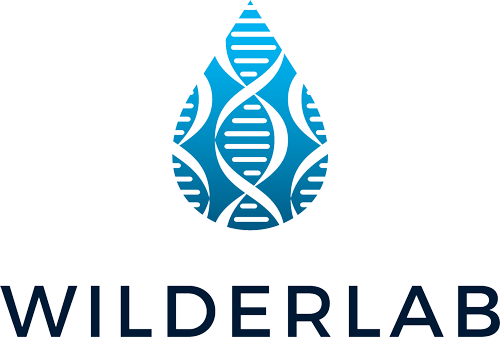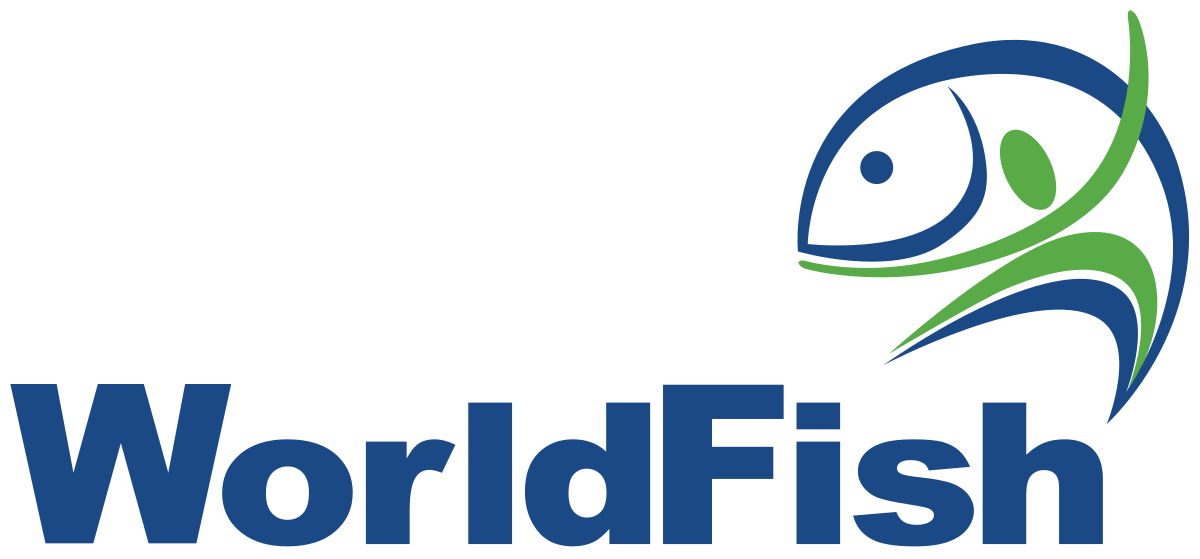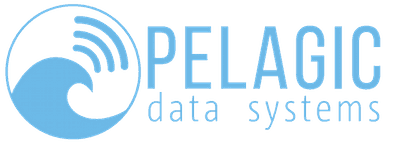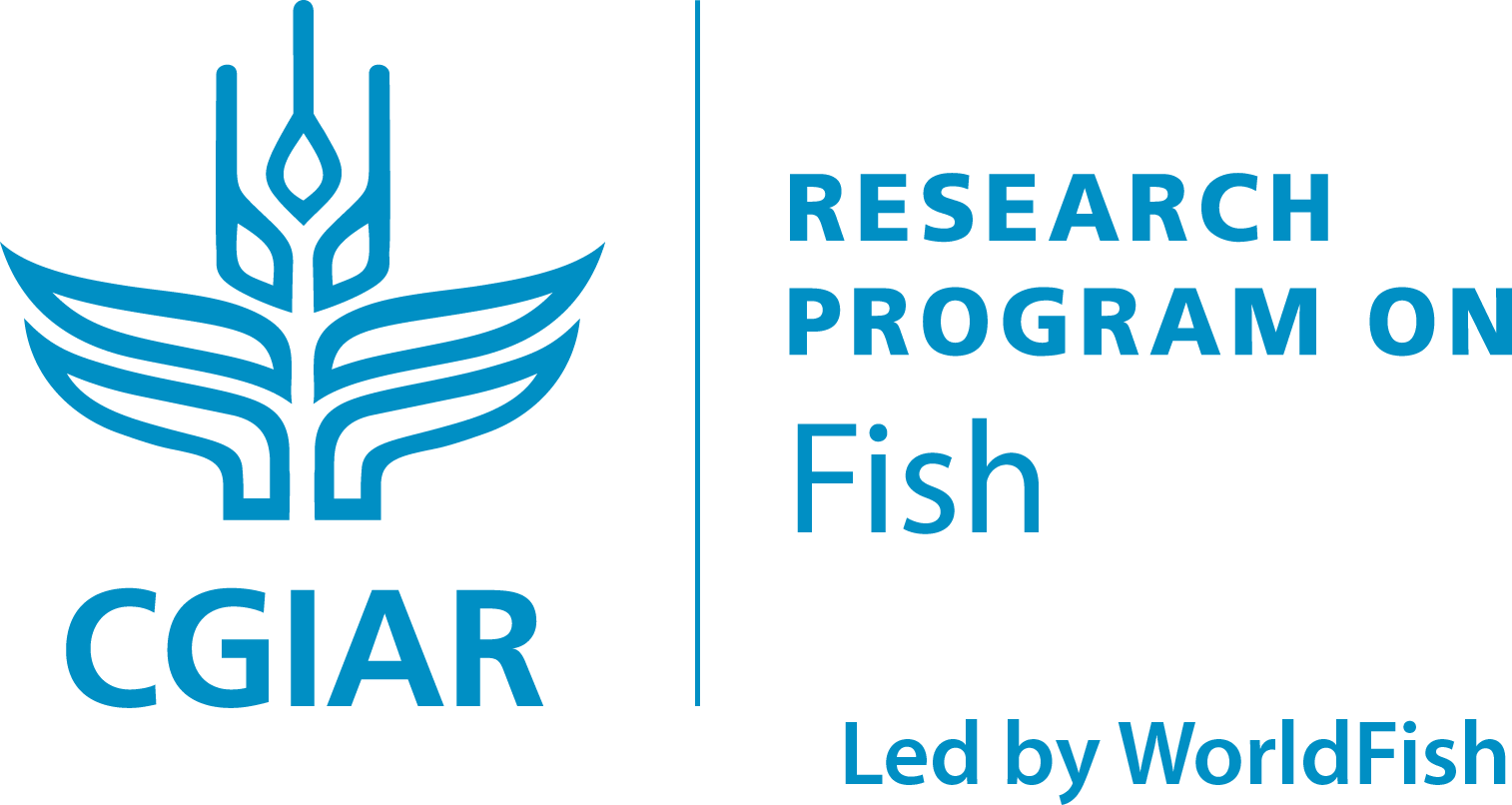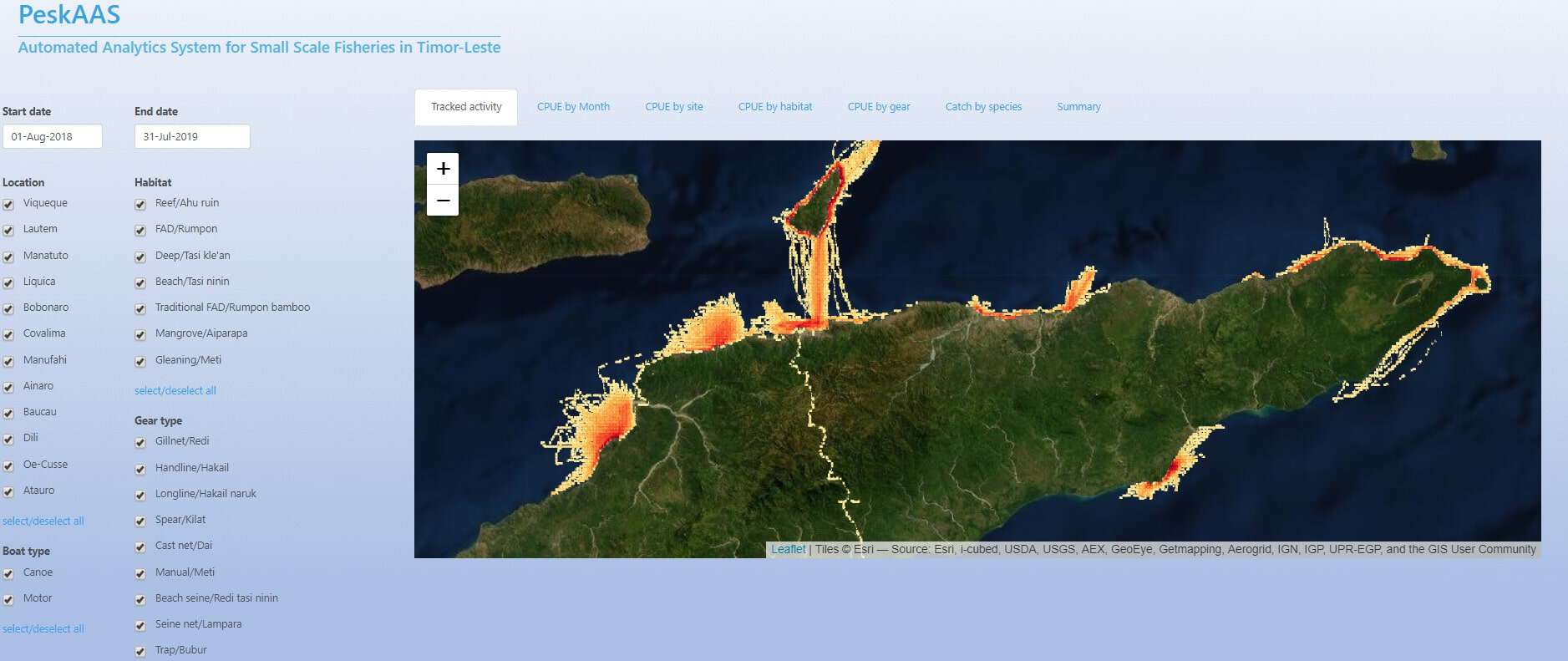An integrated data pipeline for small-scale fisheries
Timor-Leste
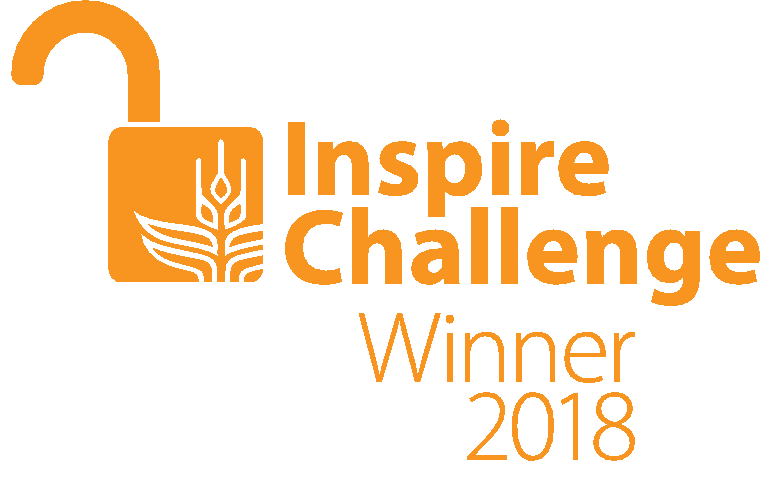
USD100,000
start-up grant

USD125,000
scale-up grant
Every day, about 40 million small boats go out fishing, yet virtually none of their activities are documented. This global data deficiency means that small-scale fisheries are often overlooked in policy, management, and development decisions.
By equipping fishing vessels with tracking devices, the project has created an automated data pipeline to highlight temporal and spatial changes in fish production in Timor Leste, putting critical data in the hands of fisheries officers and other stakeholders.
How does it work?
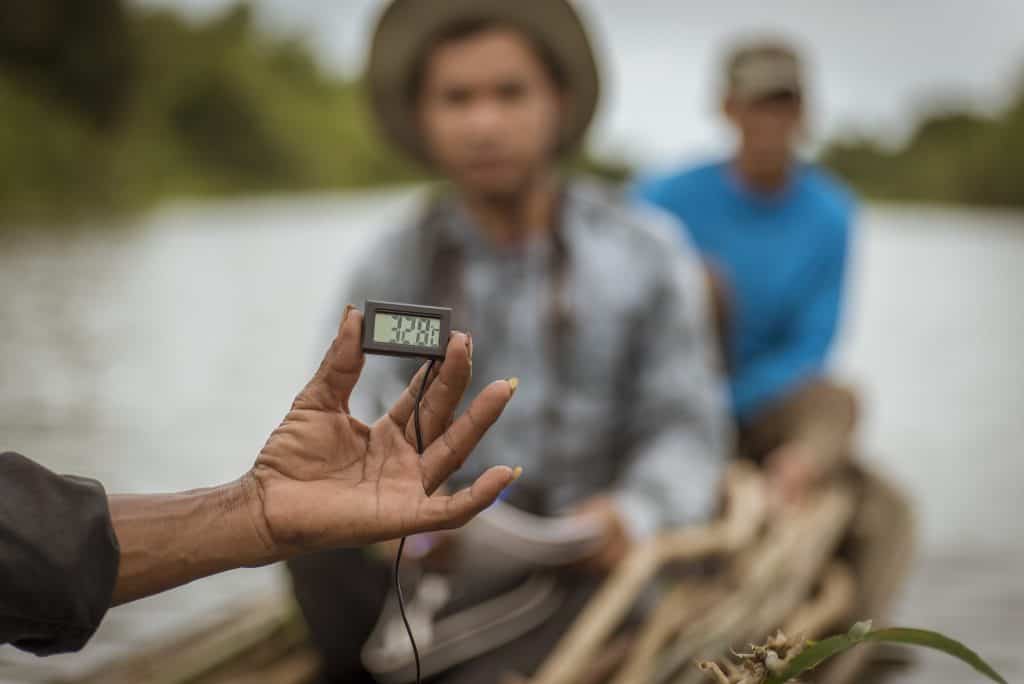
- 350 pocket-size, solar-powered GPS devices designed and produced by Pelagic Data Systems were mounted on fishing boats in Timor-Leste to track vessel movements.
- The geospatial data is combined with catch data by 11 data collectors from the ministry of Agriculture and Fisheries (one per coastal municipality) in near real-time.
Cloud-based data analytics and machine learning help reveal specific fishing behavior. - The data feeds into a new, highly sophisticated dashboard called Automated Analytics System for Small-Scale Fisheries in Timor-Leste (PeskAAS), which tracks fishing activities such as the number and type of fish caught by individual boats in near real-time.
- The information is used by fisheries officers, researchers, and local stakeholders to prioritize areas for fisheries extension services spot opportunities to boost sustainable production, and improve the efficiency of fish value chains.
Early results
- Near real-time fisheries monitoring dashboard is one of the most sophisticated data collection systems for small-scale fisheries in the world.
In 2019, roughly 300 boat tracking units were deployed on fishing boats around Timor-Leste, and 11 new local data collectors were trained in aforementioned coastal communities. - Currently expanding tracking in Egypt, Nigeria, and Zambia with plans to scale-up in Bangladesh, Malaysia, and Malawi.
- The existing data systems underpinning this project follow CGIAR gender-disaggregated data standards and have already highlighted the critical importance of women in fishery activities as dependable sources of household food and nutrition security in Timor-Leste.
Project partners
